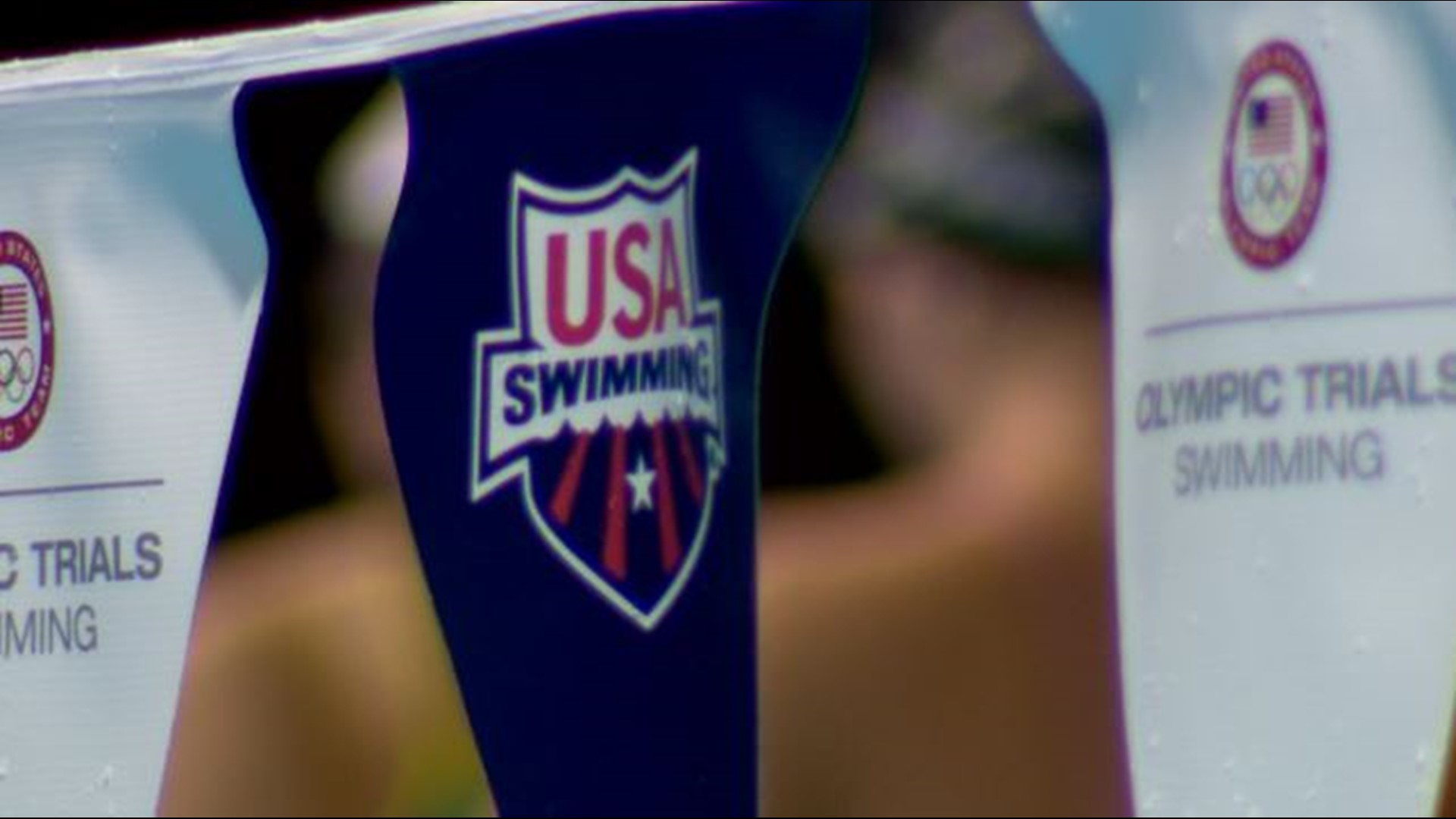DENVER — It's only one more year. The International Olympic Committee postponed the start of the 2020 Olympics until at least 2021 earlier this week, due to the spread of the coronavirus worldwide. While USA Track and Field and USA Swimming both urged the IOC to consider the delay, this decision could still mean the difference between a dream and a nightmare for some athletes.
"They chase their Olympic dream for their whole lives!" Todd Schmitz said.
Schmitz knows this process all too well. The veteran swim coach trained five-time Olympic medalist Missy Franklin from the age of seven at his club Colorado Stars in Denver. He coached her through the Olympic trials in 2008, the World Championships in 2011, and finally joined Team USA as an assistant coach through Franklin's Olympic journey in 2012 and 2016.
The team was concerned about the Zika virus postponing the Olympic games in Rio in 2016, but thankfully, it never happened. While cancellations have happened three times (once in WWI and twice during WWII), postponement has actually never happened in history, until now.
"Most of these athletes, especially swimmers, start at five, six, seven years old, so they're willing to make sacrifices and they're willing to go out in a stay-at-home order," Schmitz said. "Believe me, there's no easy decision postponing an Olympic games. Obviously, it's never been done."
The IOC announced Thursday that all athletes who have previously qualified for the 2020 Olympics, will in fact be qualified when the games commence in 2021. However, the majority of athletes still need to go through the qualifying process, including indoor swimmers, and that may affect those who were not likely to qualify, and even those who may begin to age-out.
"That's one of the things that kind of nobody's talking about!" Schmitz said. "Think about the young and up-and-comers. Missy [Franklin] was 13 at the Olympic trials in 2008 and she swam in three events. In 2009, one year later, she made the national team. She had the second-fastest freestyle in the country. I was like holy cow, if this were to happen in '08 and we were delayed a year, Missy would've probably made the Olympic team."
One of his latest pupils needing that extra year to develop is actually a few years past the average Olympic age of 23. Columbine High School and Colorado Mesa University graduate Kent Olsen-Stavrakas is the 40th fastest man in the country. Schmitz says he's only getting better.
"He's a late bloomer, he's still getting faster at 28-years-old. Him and I are actually looking at this as a positive. Now you're going to give me 13 more months to get him faster? There's only upside as far as we look at it."
His optimism extends to the rest of his Colorado Stars, but Schmitz is more realistic while searching for the next 13-year-old phenom.
"When you get an 18-and-under to that level, it's truly something remarkable because we're talking less than 1,500 athletes in the entire country will make the Olympic trials in a given four years."

